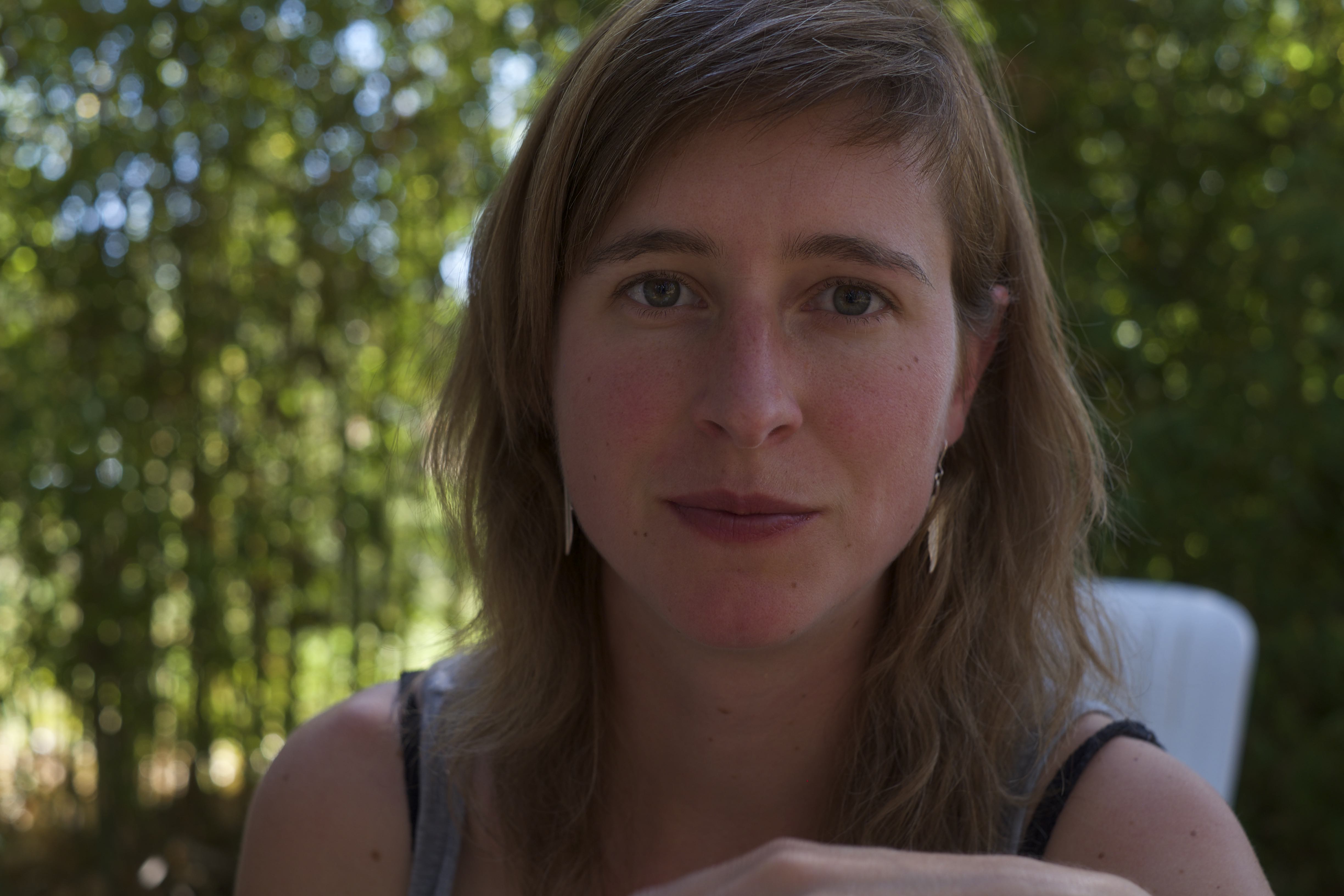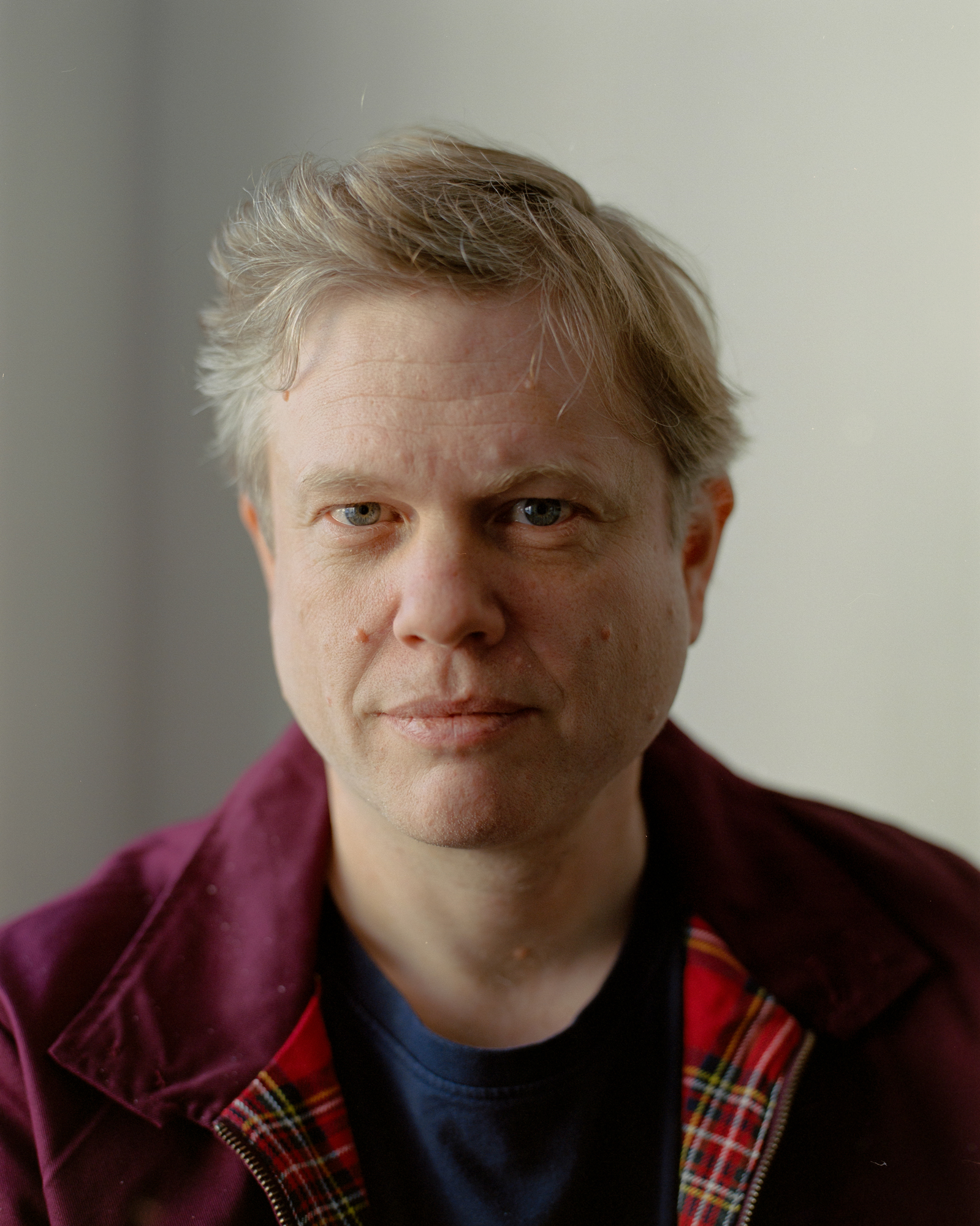With his project Isabel Voets and Matthijs de Ridder aim to compile the soundtrack to the artistic universe that the Antwerp writer.
Paul van Ostaijen (1896-1928) evoked in his work. In order to achieve this, they will make a cross-section of the Antwerp music scene between 1910 and 1930, with its diversity of musical genres, composers and performance practices. Besides the still popular opera and operetta culture, numerous new musical styles gained a foothold in those years: tango, charleston, foxtrot, jazz. Film and entertainment music also flourish in Antwerp, and the offshoots of the romantic music tradition clash with the modernist avant-garde.
The worldview that Paul van Ostaijen constructed (in his art theory and criticism) and brought to life (in poetry, prose and theatre) is very rich and profound. The breakthrough of modernism in Flanders, both in literature and art, as well as in a more general sense, would have been almost unthinkable without this body of work. Both the literary and theoretical parts of this oeuvre have frequently been the subject of research. Yet, although music is a prominent focus in Van Ostaijen’s work, music as such has rarely been a point of interest in research to date.
Considering that, for Van Ostaijen, the programme of modern art was a collective affair, Isabel Voets and Matthijs de Ridder aim to break down the boundaries between the various artistic disciplines. They will explore the musical landscape in which Van Ostaijen's work was created and highlight the influence Van Ostaijen's ideas exerted on the composers and performers of his time. In a second phase, we will explore how this music can be used to adapt Van Ostaijen’s theatre text ‘De top der sentimentele bevestiging’ to contemporary musical theatre.






